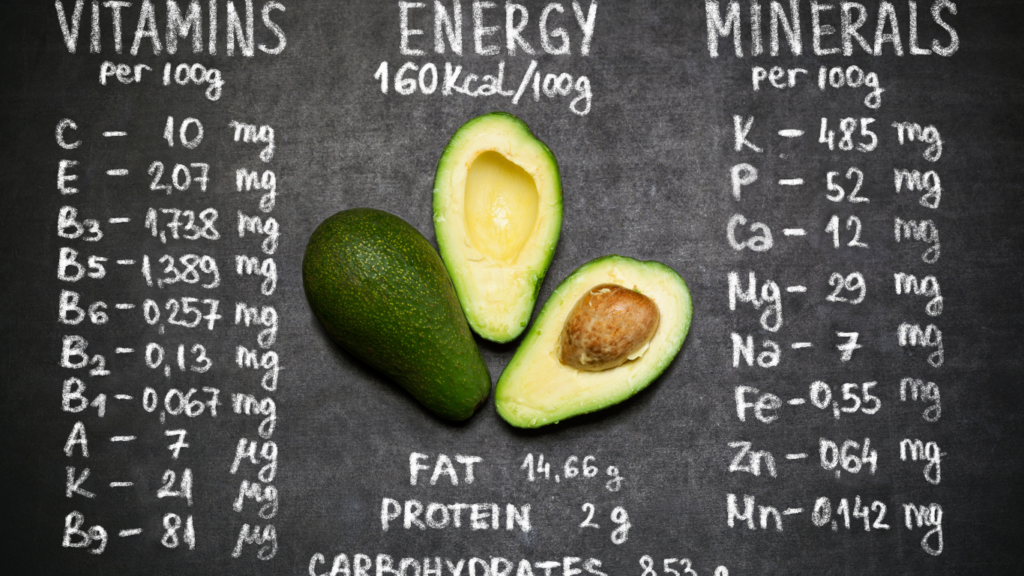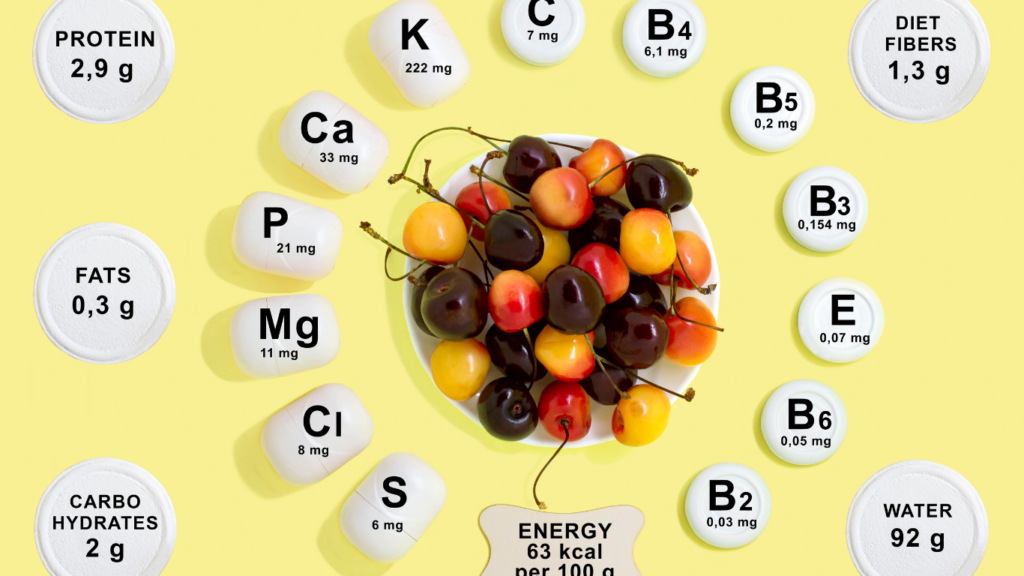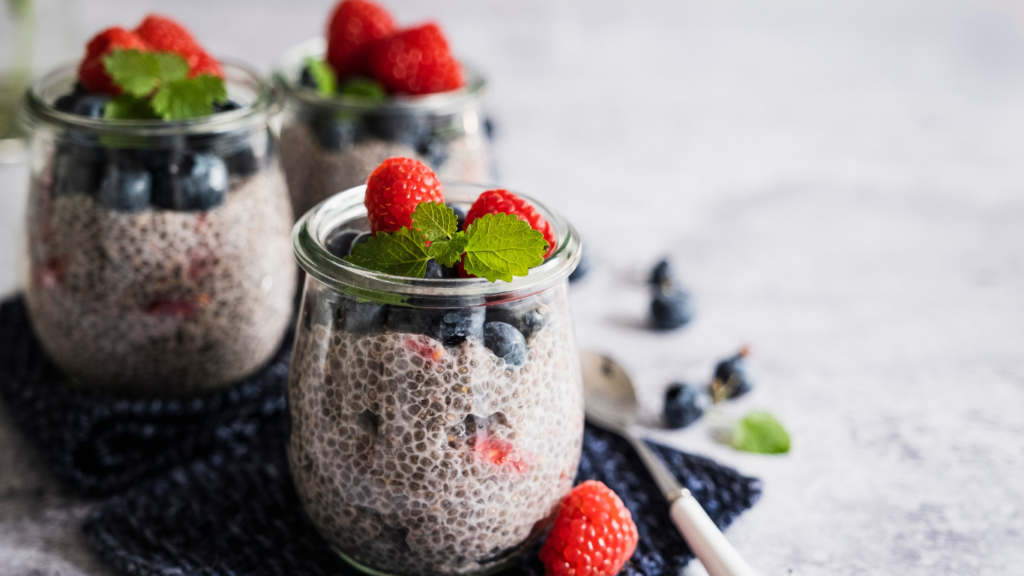Importance Of Vitamins And Minerals For Athletes
Vitamins and minerals play a fundamental role in an athlete’s performance and recovery. These micronutrients support critical functions like energy metabolism, muscle function, and immune health, all of which are essential for maintaining peak performance levels.
- Enhancing Energy Production
Vitamins such as B-complex (e.g., B6, B12) and minerals like magnesium facilitate the conversion of food into energy. Without adequate levels, athletes may experience fatigue and diminished endurance during intense physical activities. - Aiding Muscle Recovery
Micronutrients like zinc and vitamin D assist in tissue repair and muscle recovery, helping reduce inflammation and soreness after training or competition. Faster recovery allows athletes to maintain consistent training schedules. - Boosting Immune Function
Vitamin C, selenium, and zinc strengthen immune defenses, reducing the risk of infections that could interrupt training progress. Strong immunity ensures consistent performance over time. - Supporting Bone Health
Calcium, phosphorus, and vitamin K contribute to bone density and strength, minimizing risks of stress fractures and other bone-related injuries common in high-impact sports. - Improving Focus And Mental Stamina
Iron and B vitamins improve oxygen transportation and brain function, ensuring sustained mental clarity and concentration during performance or training sessions. Low levels often result in reduced focus and slower reaction times.
Athletes need a balanced intake of these essential nutrients to prevent deficiencies that could negatively impact their physical and mental capabilities.
Essential Vitamins For Athletic Performance
Athletes rely on specific vitamins to sustain peak physical activity and ensure quick recovery. Incorporating these vitamins into daily nutrition enhances overall performance.
Vitamin D: Bone Health And Muscle Function
Vitamin D strengthens bones by aiding calcium absorption. It’s also essential for muscle contraction and reducing exercise-related injuries. Limited sun exposure can lead to deficiencies, so foods like salmon, fortified milk, and egg yolks or supplements may help fill the gap.
Vitamin C: Immune Support And Recovery
Vitamin C boosts immune defense and accelerates tissue repair. It reduces oxidative stress caused by intense workouts. Oranges, strawberries, and bell peppers are high in Vitamin C, ensuring consistent support for recovery and immune resilience.
B Vitamins: Energy Production And Muscle Repair
B-complex vitamins, including B6, B12, and riboflavin, enhance energy metabolism by converting food into fuel. They also assist in synthesizing proteins for muscle repair. Whole grains, lean meats, and dairy products offer substantial levels of these vital nutrients.
Key Minerals For Peak Performance
Minerals play an essential role in athletic performance by supporting energy metabolism, muscle contraction, and recovery. Ensuring adequate intake of key minerals helps athletes maintain physical endurance and overall health.
Calcium: Strong Bones And Muscle Contraction
Calcium supports bone strength and density, reducing the risk of stress fractures during high-impact activities. It’s also involved in muscle contraction, facilitating proper movement and performance. Athletes engaging in weight-bearing exercises benefit from consuming calcium-rich foods like dairy products, leafy greens, and fortified plant-based alternatives.
Iron: Oxygen Transportation And Endurance
Iron enables efficient oxygen transport in the bloodstream via hemoglobin, directly impacting endurance and stamina. Without sufficient iron, athletes may experience fatigue and decreased performance. Key sources include lean meats, fish, legumes, and fortified cereals. Including vitamin C-rich foods promotes better iron absorption.
Magnesium: Energy Production And Stress Reduction
Magnesium aids in energy production by activating enzymes critical for converting nutrients to energy. It also reduces muscle cramps and helps manage stress, which is vital for recovery. Nuts, seeds, whole grains, and leafy greens are excellent magnesium sources for athletes aiming to sustain optimal performance.
How To Incorporate Vitamins And Minerals Into Your Diet

Prioritizing nutrient intake ensures athletes get the full range of benefits for energy, recovery, and endurance. Combining whole foods with supplements and proper timing enhances their effectiveness.
Whole Foods Vs. Supplements
Whole foods offer a natural source of vitamins and minerals, often paired with fiber, antioxidants, and other compounds that boost absorption. Spinach, bananas, and nuts provide magnesium; dairy and leafy greens contain calcium; and eggs and salmon supply vitamin D. Including a variety of these foods in meals ensures a stronger nutrient foundation.
Supplements help cover gaps when dietary intake doesn’t meet an athlete’s needs. For instance, vitamin D3 supplements benefit those with low sun exposure, and iron tablets assist individuals with anemia. If relying on supplements, I always confirm dosages align with recommended daily values to avoid toxicity.
Timing And Dosage Recommendations
Distributing vitamins and minerals consistently improves absorption and minimizes competition between nutrients. For example, I take calcium and iron at different times as they inhibit each other’s absorption. Post-workout meals rich in magnesium, potassium, and vitamin C, such as smoothies with spinach and oranges, support recovery by replenishing depleted stores.
Fat-soluble vitamins like A, D, E, and K absorb better when paired with healthy fats, so I often include avocado or nuts with meals containing these nutrients. Staying within daily recommended intakes ensures I avoid overloading, as excess can hinder performance rather than enhance it.
Potential Risks Of Deficiencies
Deficiencies in vitamins and minerals can significantly impact athletic performance. Insufficient intake of essential nutrients often leads to reduced:
- energy levels
- slower recovery
- increased injury risk
These effects can hinder performance and inhibit progress, even with consistent training.
Energy Deficits
Low levels of B vitamins, such as B6, B12, and thiamine, disrupt energy metabolism. This reduction in energy availability impairs endurance and overall performance. For instance, inadequate iron diminishes oxygen transport to muscles, causing fatigue and decreased stamina.
Muscle Weakness
Deficiencies in calcium, magnesium, or potassium can affect muscle strength and contraction. Athletes may experience cramps or reduced muscle function during training or competitions. Magnesium deficiency, in particular, hinders energy production and muscle repair.
Increased Injury Risk
Lack of vitamin D, calcium, or phosphorus weakens bones, elevating the likelihood of fractures and stress injuries. Vitamin K deficiency also compromises bone health, affecting recovery from physical strain.
Compromised Immune System
Inadequate zinc, selenium, or vitamin C weakens immunity, leaving athletes more susceptible to colds and infections. These illnesses disrupt training schedules, delaying progress and lowering performance levels.
Cognitive Decline
Iron or B-complex vitamin deficiencies impair focus and mental clarity. Reduced cognitive performance impacts strategic decision-making during activities, which can influence results in competitive sports.
Warnings about nutrient imbalances stem from recognizably adverse effects on physical and mental performance, underscoring the importance of thorough dietary planning.





